In this month’s regular column from CEJA – the European Council of Young Farmers – we talked to its President Alan Jagoe about the latest COP 21 Sustainable Innovation Forum in Paris and CEJA’s views on the objective to adopt a convention on climate change.
MF: Can you give us some background on COP 21?
AJ: COP 21 is also known as the Paris Climate Conference. The objective of this annual Conference of Parties includes the adoption of the UN Framework on Climate Change Convention (UNFCCC). The UNFCCC sets out to stabilise the concentration of greenhouse gases in our atmosphere in order to avoid ‘interference with the climate system’. The UNFCCC now has a universal membership of 195 parties who meet annually. However, this year, for the first time in 20 years, the COP 21 attempts to achieve a legally-binding and universal agreement on climate from its parties. The ultimate aim of these will be to keep global warming below 2°C.
MF: What is CEJA’s viewpoint?
AJ: CEJA welcomes such efforts to improve climate mitigation in the coming years. They concern the agricultural sector due in part to the unavoidable emissions which occur from farming activity including greenhouse gases such as methane from livestock production. However, perhaps even more crucially, such discussions concern the agricultural sector because of the potential impact of climate change and global warming of over 2°C on the farming industry and therefore future global food production. With this in mind, there is no doubt that efforts to foster climate change mitigation will have to improve across all sectors in coming decades if we are to ensure global and European food security.
MF: Should agriculture be treated like other sectors in the context of this debate?
AJ: No it should not. Different forms of transport or different types of energy can be used in order to achieve the same end-result but the soil, seeds and animals grown and reared by farmers simply cannot be substituted by other alternatives. The framework of the COP is such that targets will be set for several sectors together – agriculture is under the same emissions category as transport, construction and waste. It is therefore essential that agriculture does not have to bear the brunt of the new emissions cuts because of the essence of both its activity (living, unsubstitutable inputs) and its raison d'etre (to sustain the global population). The world’s population needs to eat every day to survive. This cannot be ignored.
MF: How does farming deliver on sustainability?
AJ: Farming is highly sustainable given its ability for natural renewal and its cyclical nature. Many services provided by farmers are not currently widely recognised in the climate change debate, such as the carbon sink (anything that absorbs more carbon dioxide than it releases) of Europe’s forests and permanent grasslands or water filtration services provided by cultivated soil. Europe's family farming model means that high-quality food production of a diverse nature occurs sustainably, optimising the use of land and natural resources provided by fertile European soils and safeguarding the landscape and countryside..
MF: What are the advantages of Europe’s family farming model?
AJ: This model ensures that age-old expertise and knowledge of the land is passed on to young farmers in a bid to ensure continued sustainable production for many generations to come, and is also complemented by innovations and the use of new technologies. Young European farmers tend to be better-educated than their older counterparts, particularly in fields of sustainability and technology, leading to comparatively higher levels of productivity. By this I mean producing more from less, something that must be fostered if we are to be able to keep producing food in Europe in future. On top of this, young farmers have a particularly vested interest in the sustainability of their farms and climate change mitigation in general. This is due to the nature of their careers as they need to ensure they are able to keep farming and living from the land they own or manage for many years, and generations, to come. In particular, European young farmers are some of the most innovative, productive and sustainable food producers on the planet.
MF: How can farmers be helped?
AJ: It is imperative to underline the important contribution to climate change mitigation already provided by European farmers, and especially young farmers, despite the natural constraints of the industry they operate in. The contribution made by this sector should therefore be fostered through targeted funding for sustainable innovation investments for young farmers, not penalised by ever-increasing burdens on producers. Instead it should be shared across all links of the food supply chain. Certainly, it should not just be left for the most important yet most vulnerable actors to deal with, especially in such times of market crisis, vulnerability and fragility in the sector.
If you would like to get in touch with Alan Jagoe, email allusers@ceja.eu
Go to: Massey Ferguson Global Facebook page
Go to: CEJA Young Farmers Facebook page


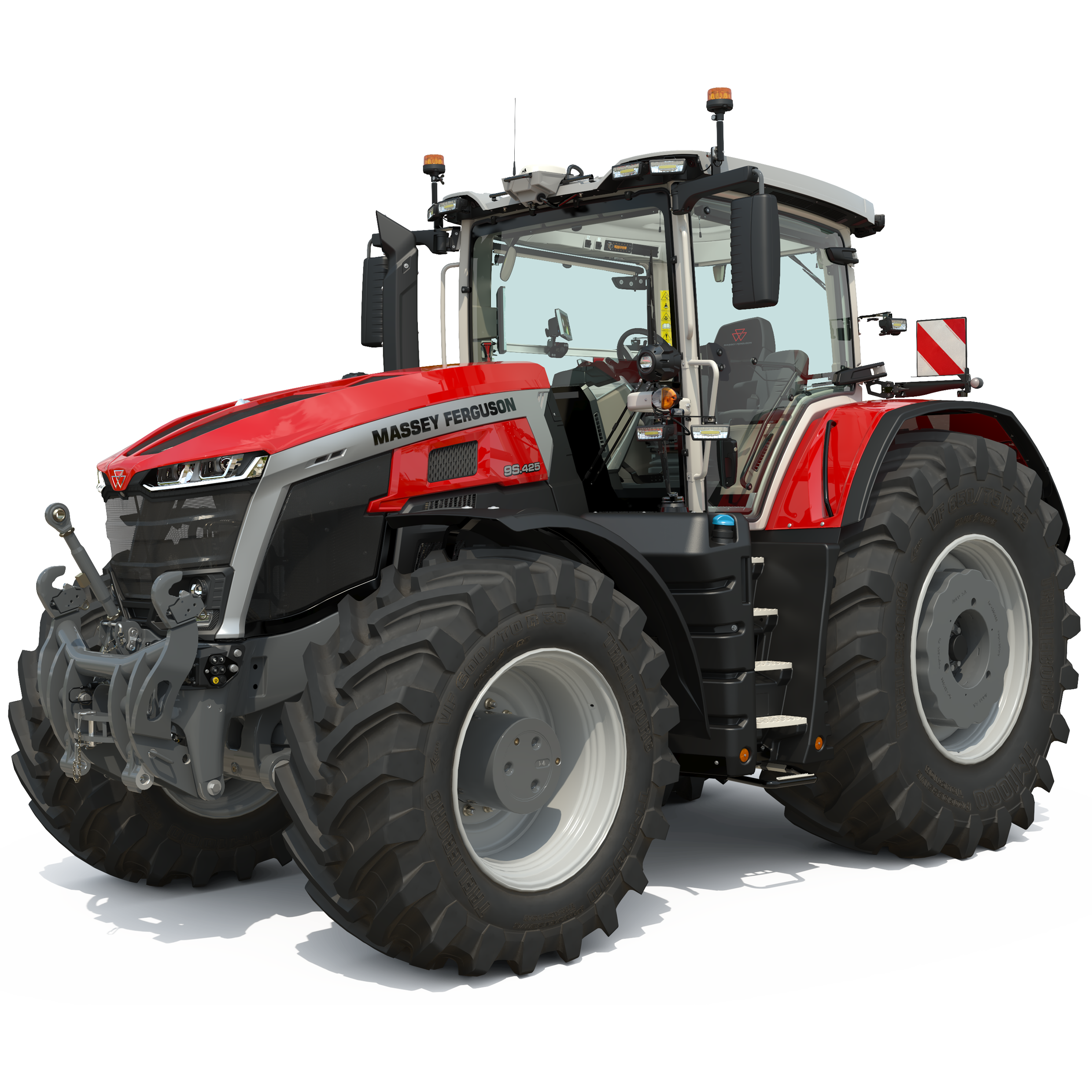
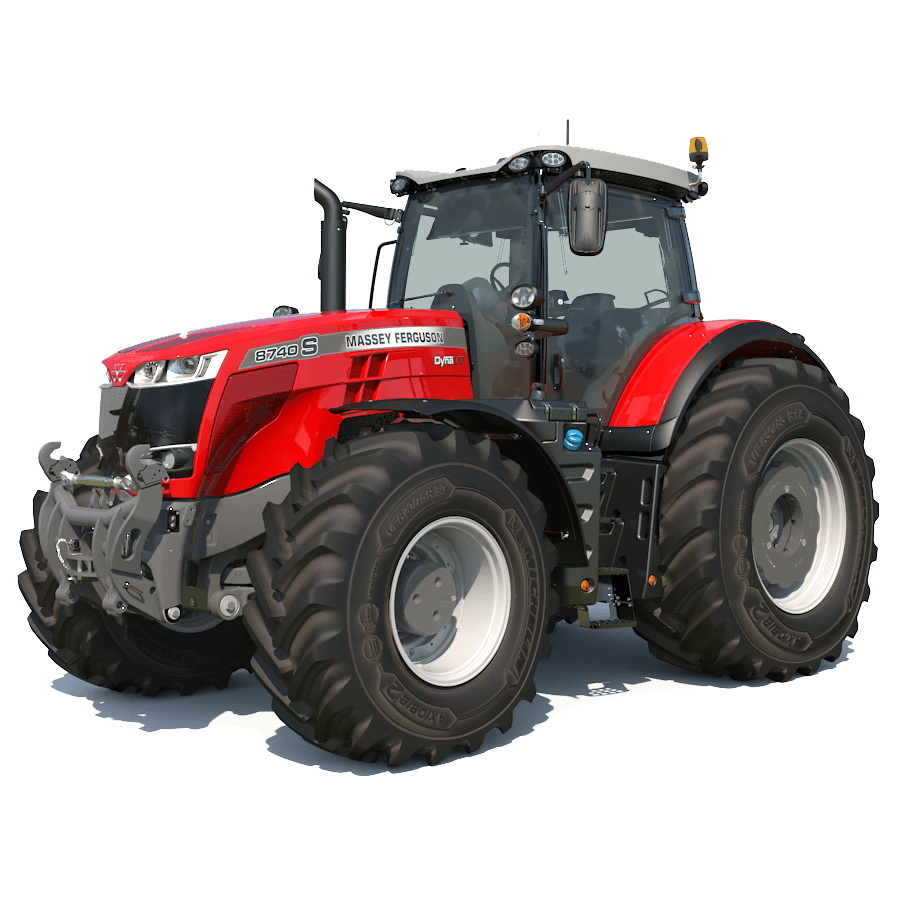
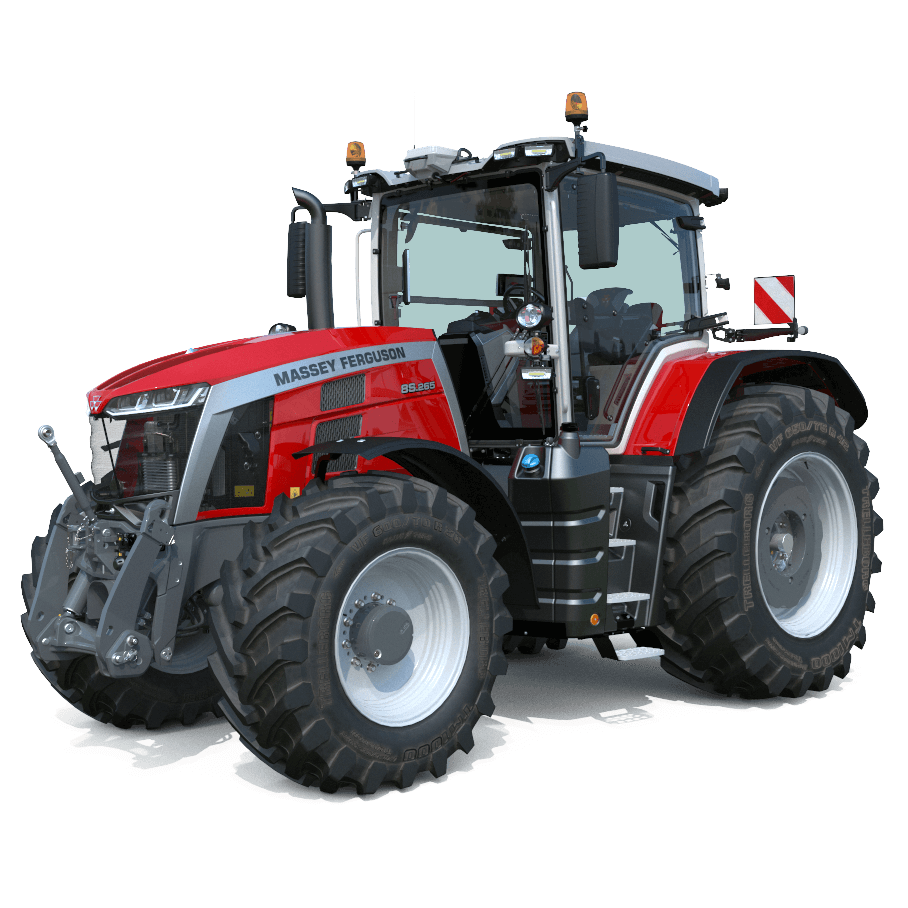



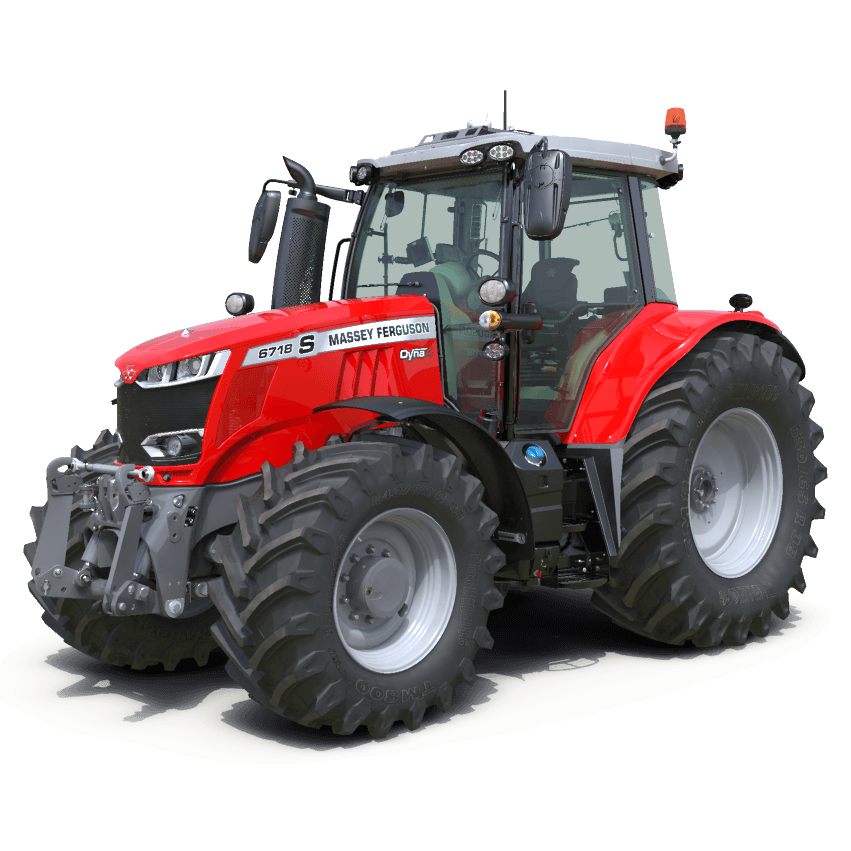

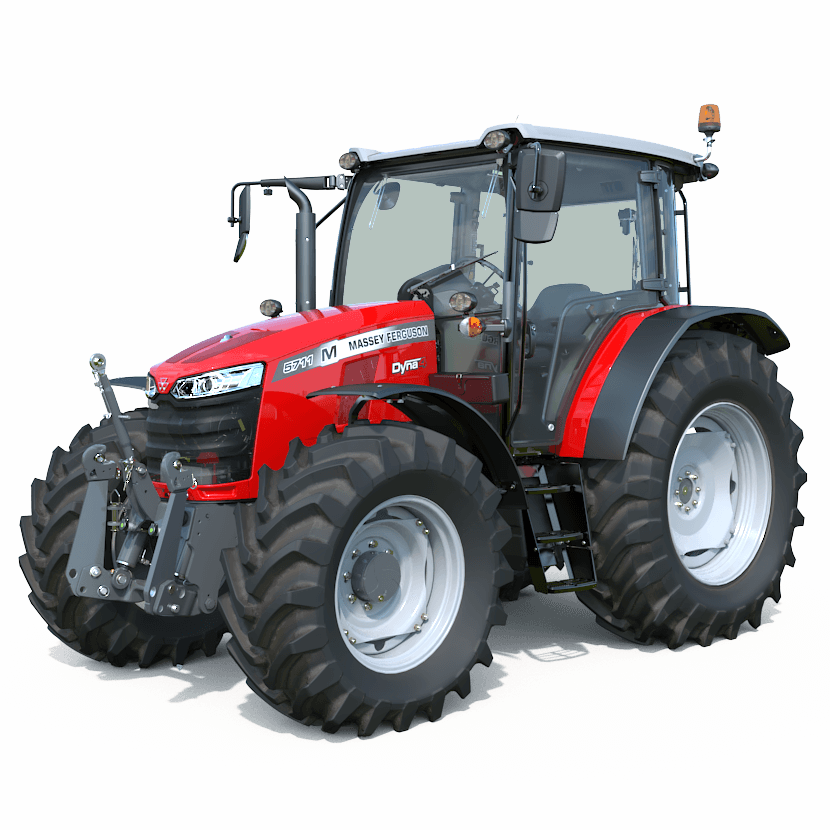

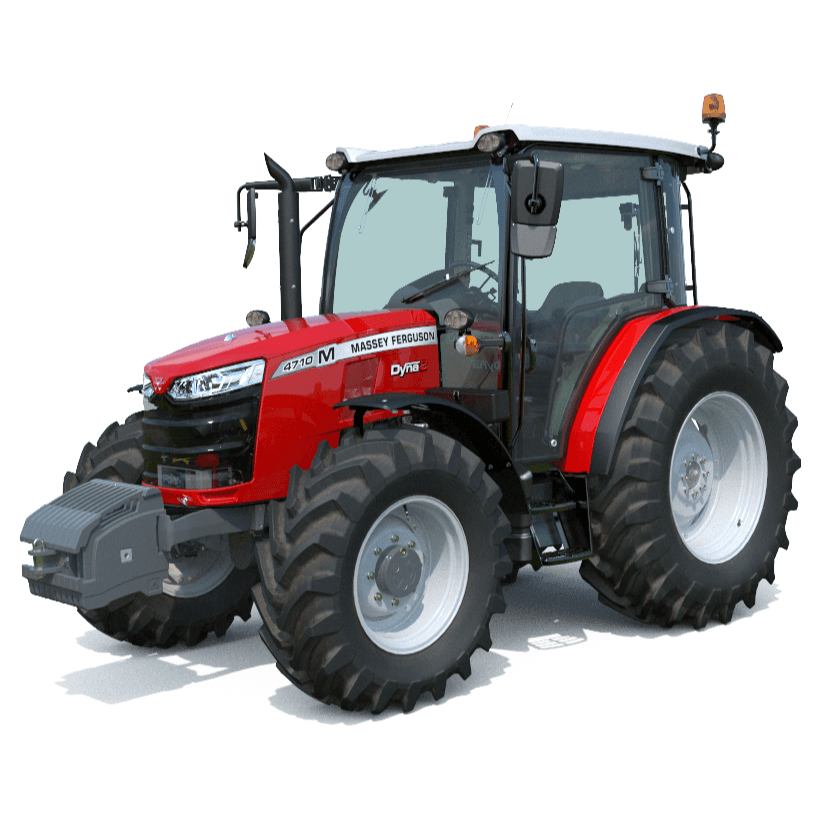


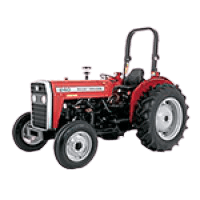
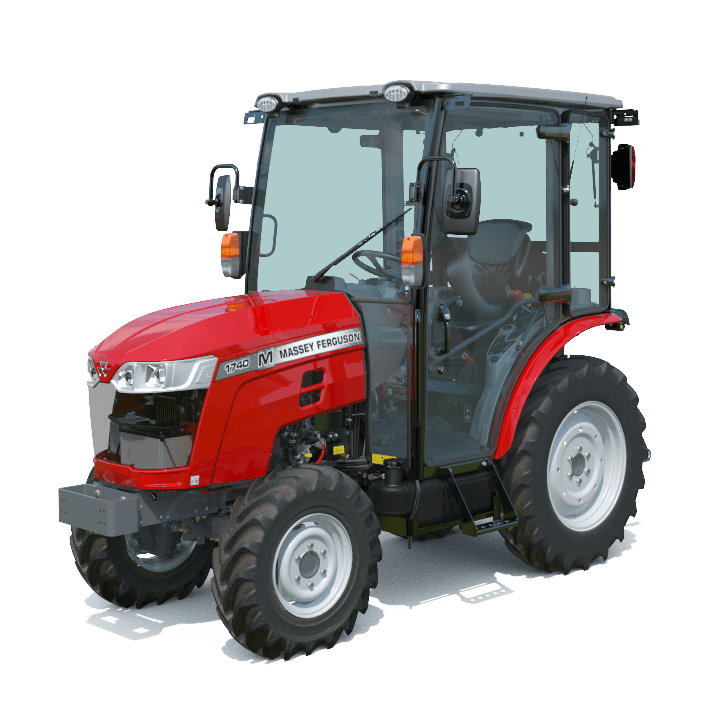


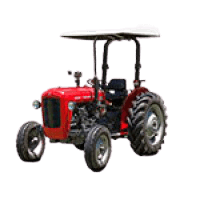
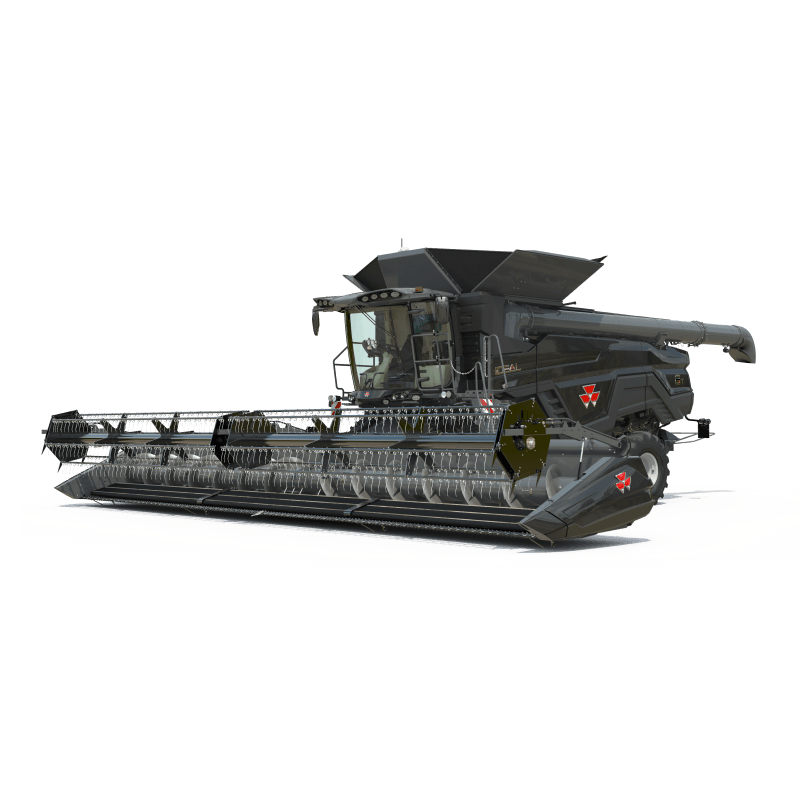
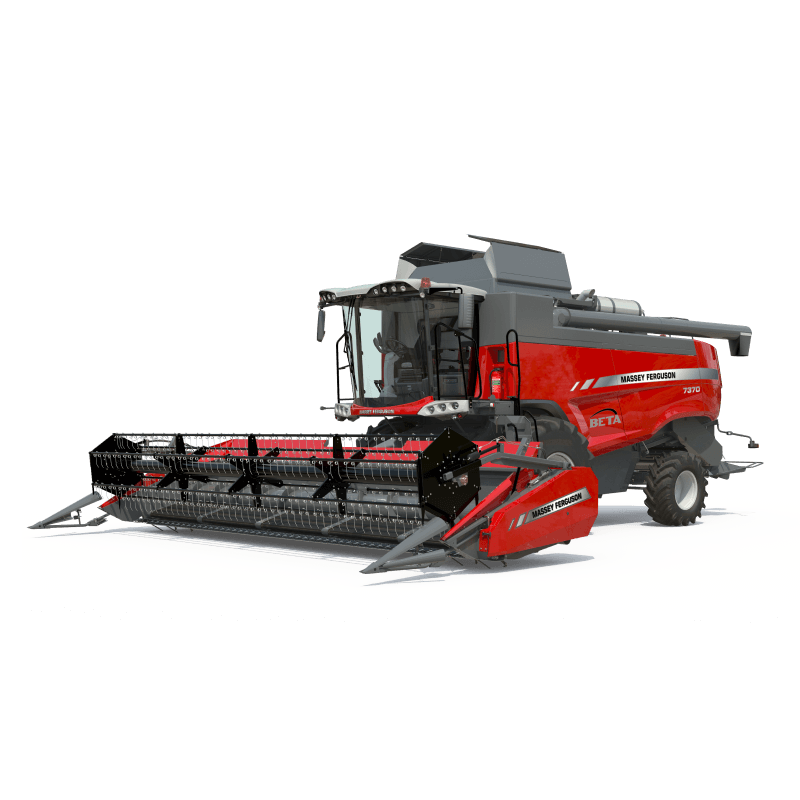
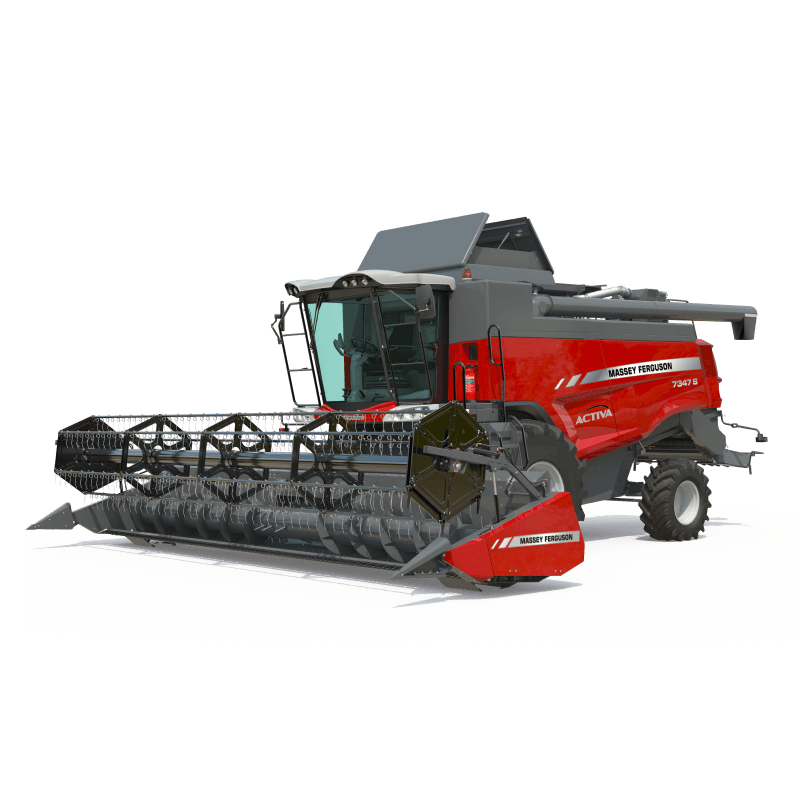
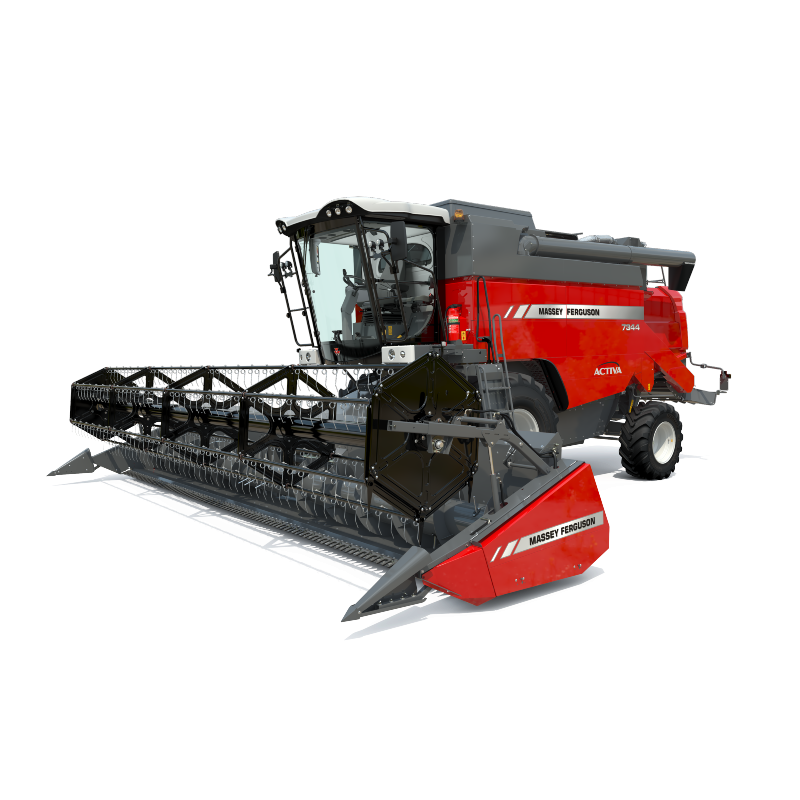
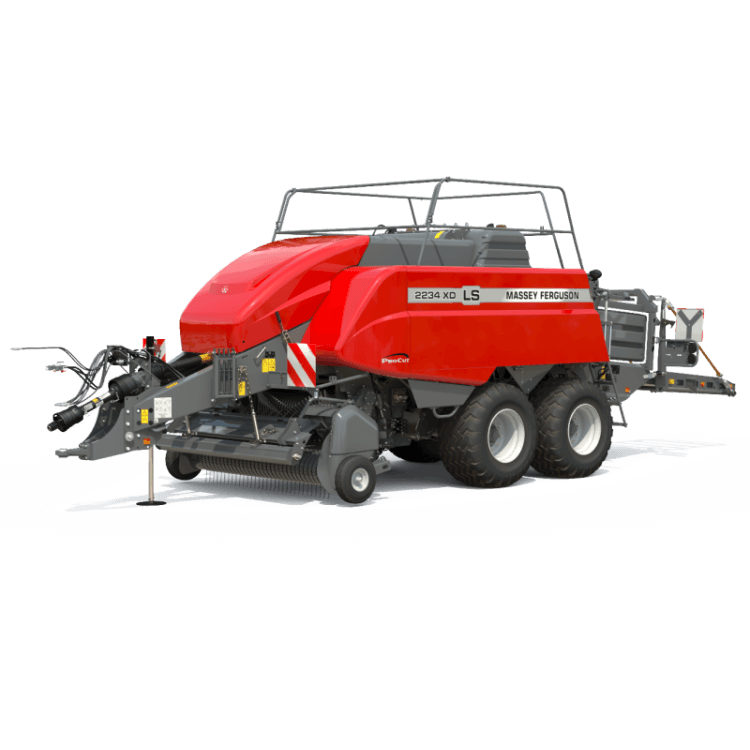
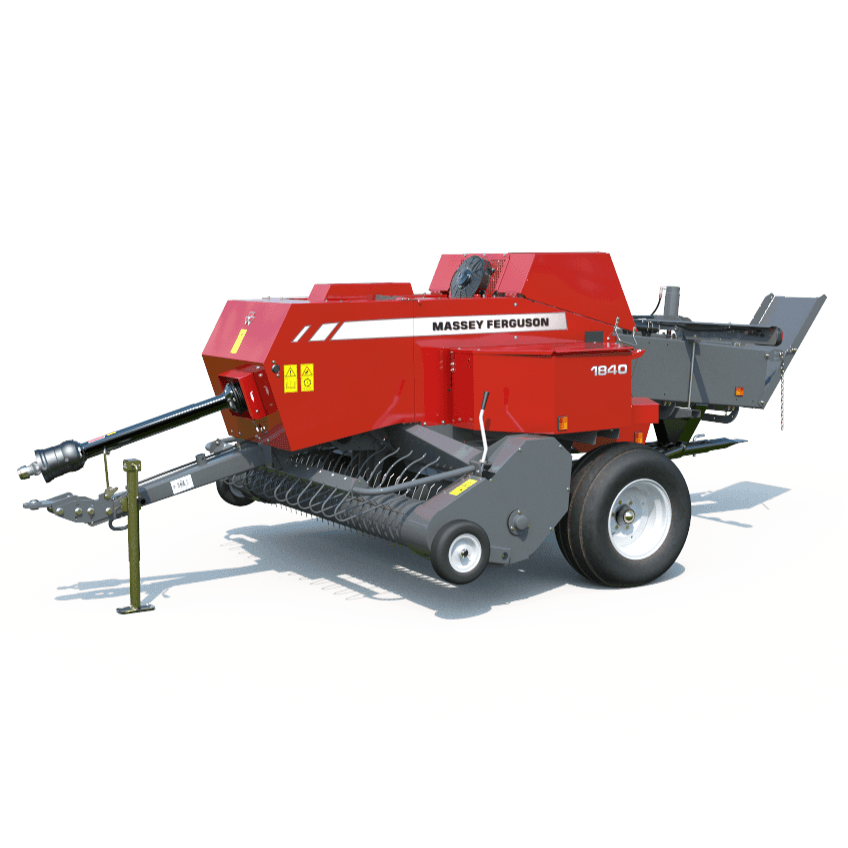
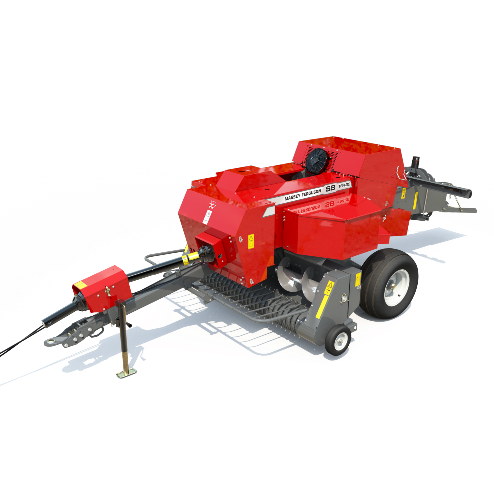
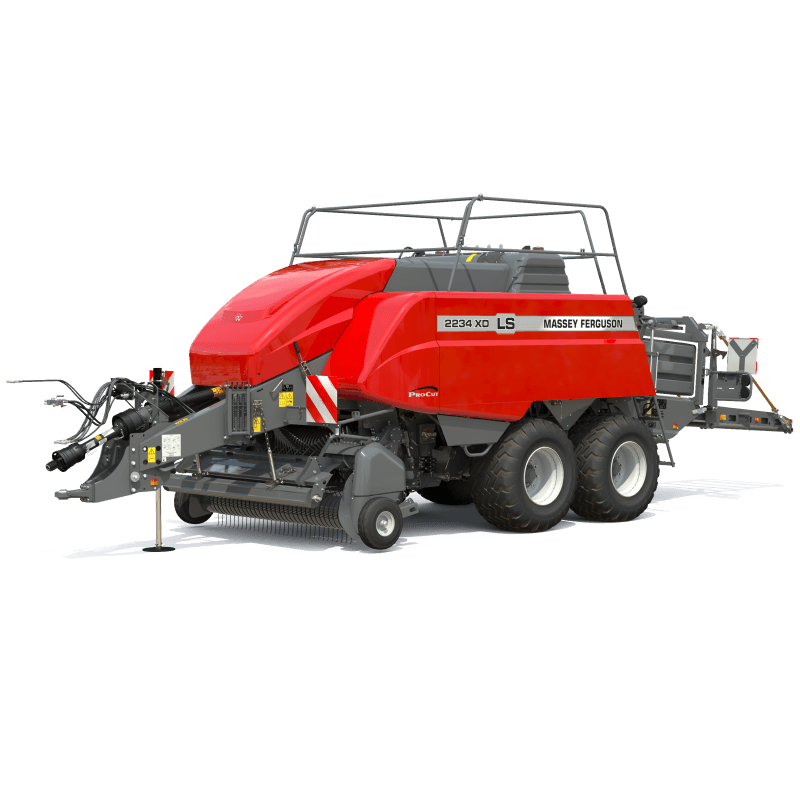
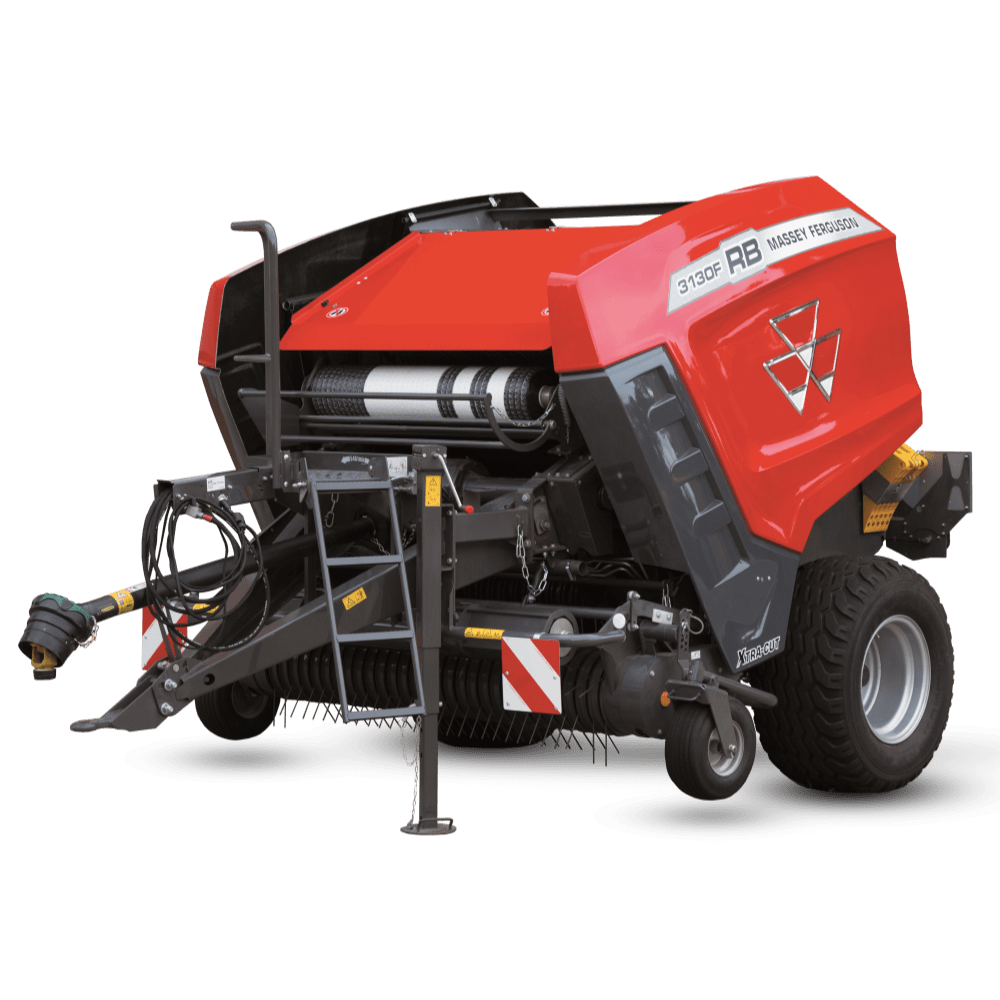
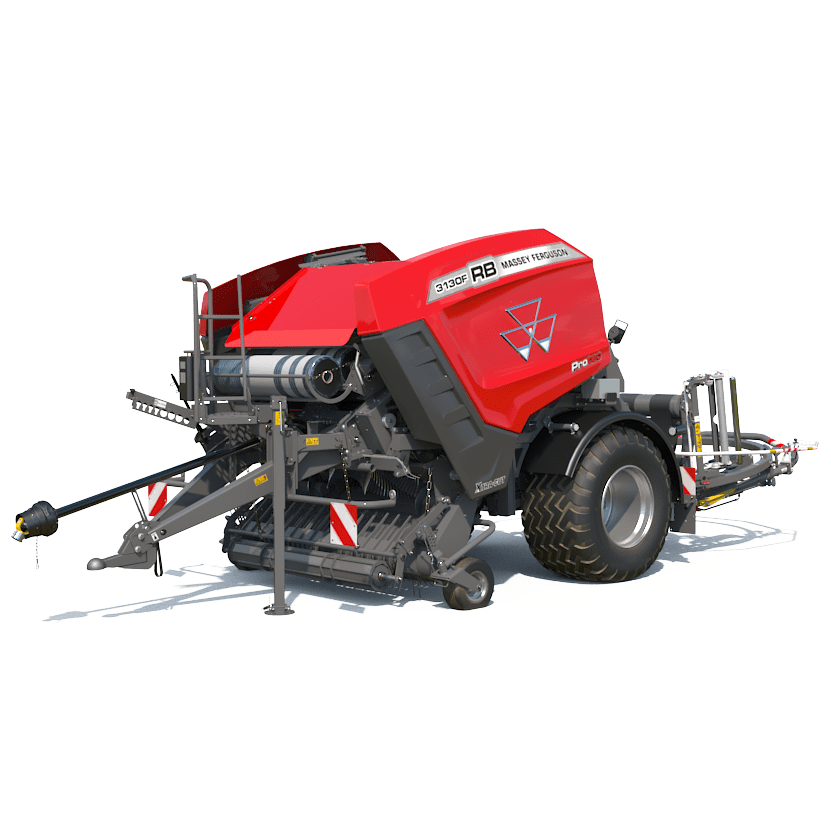
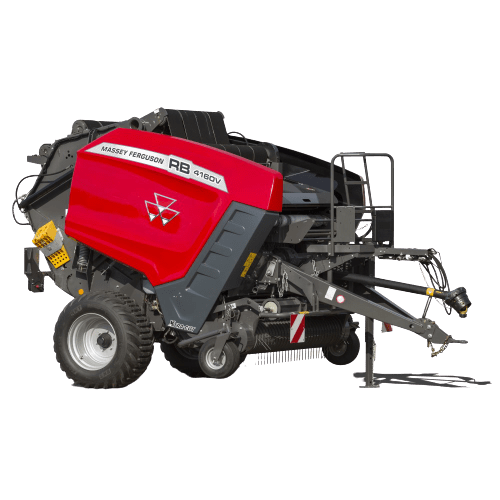
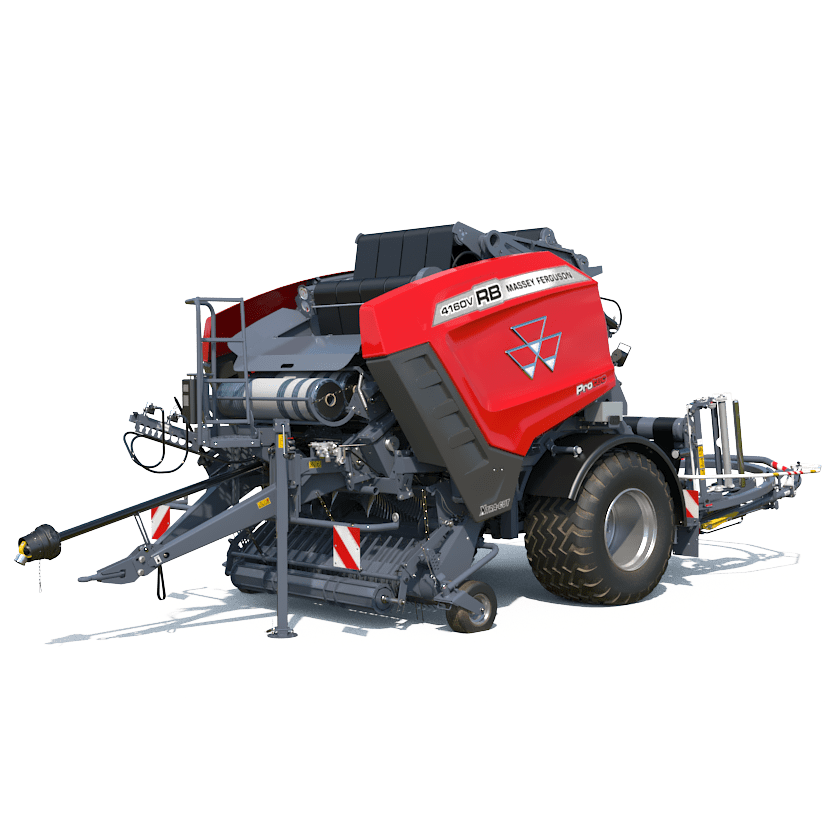

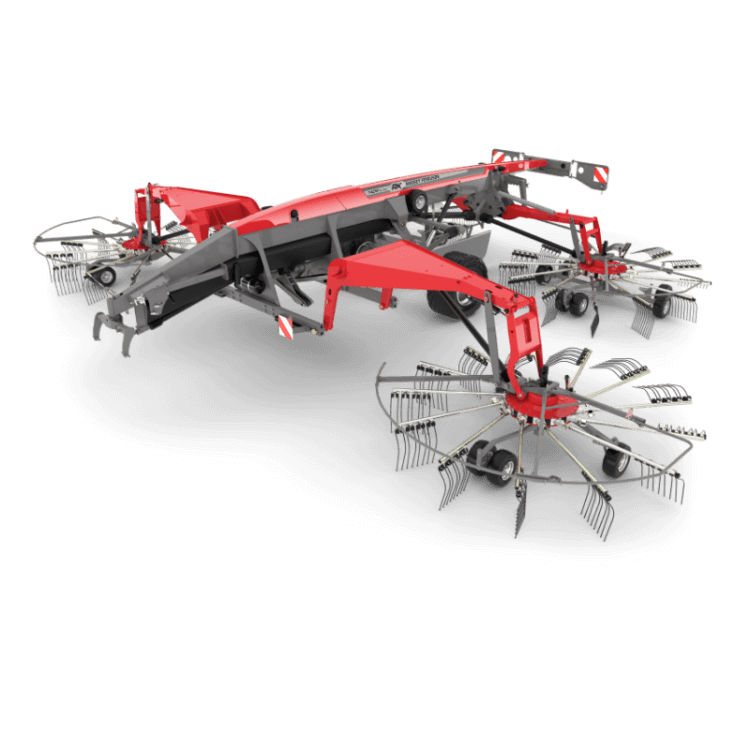
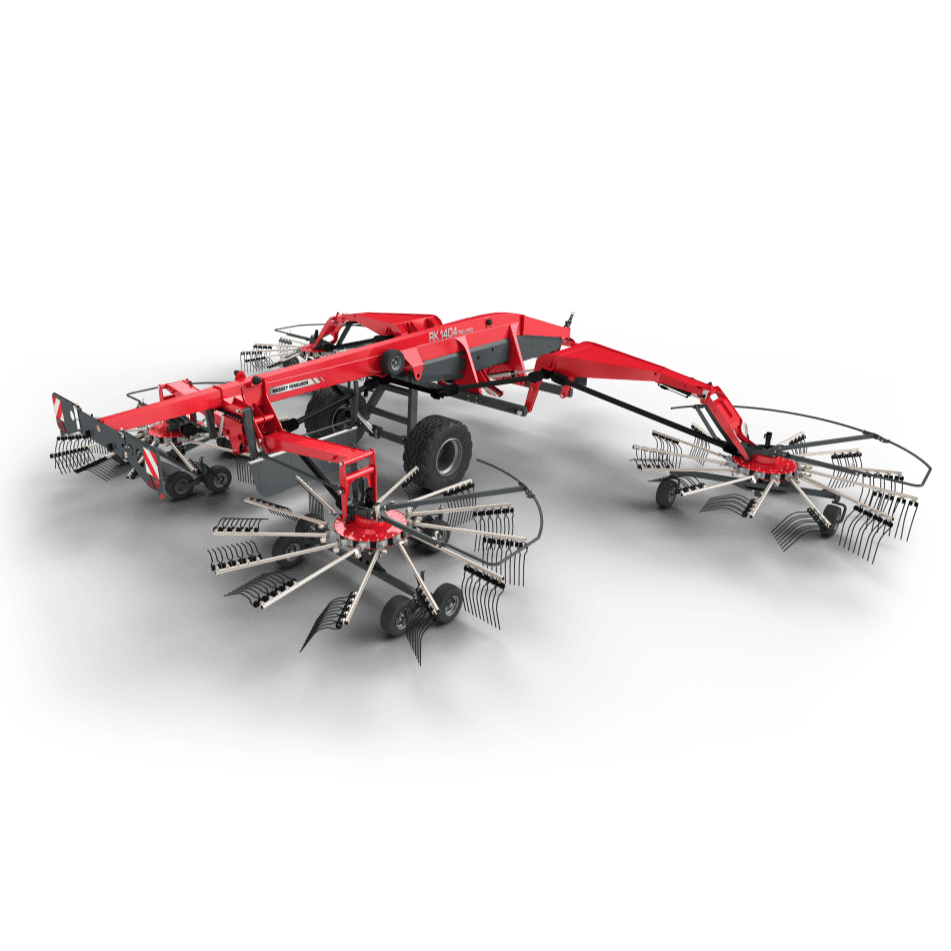
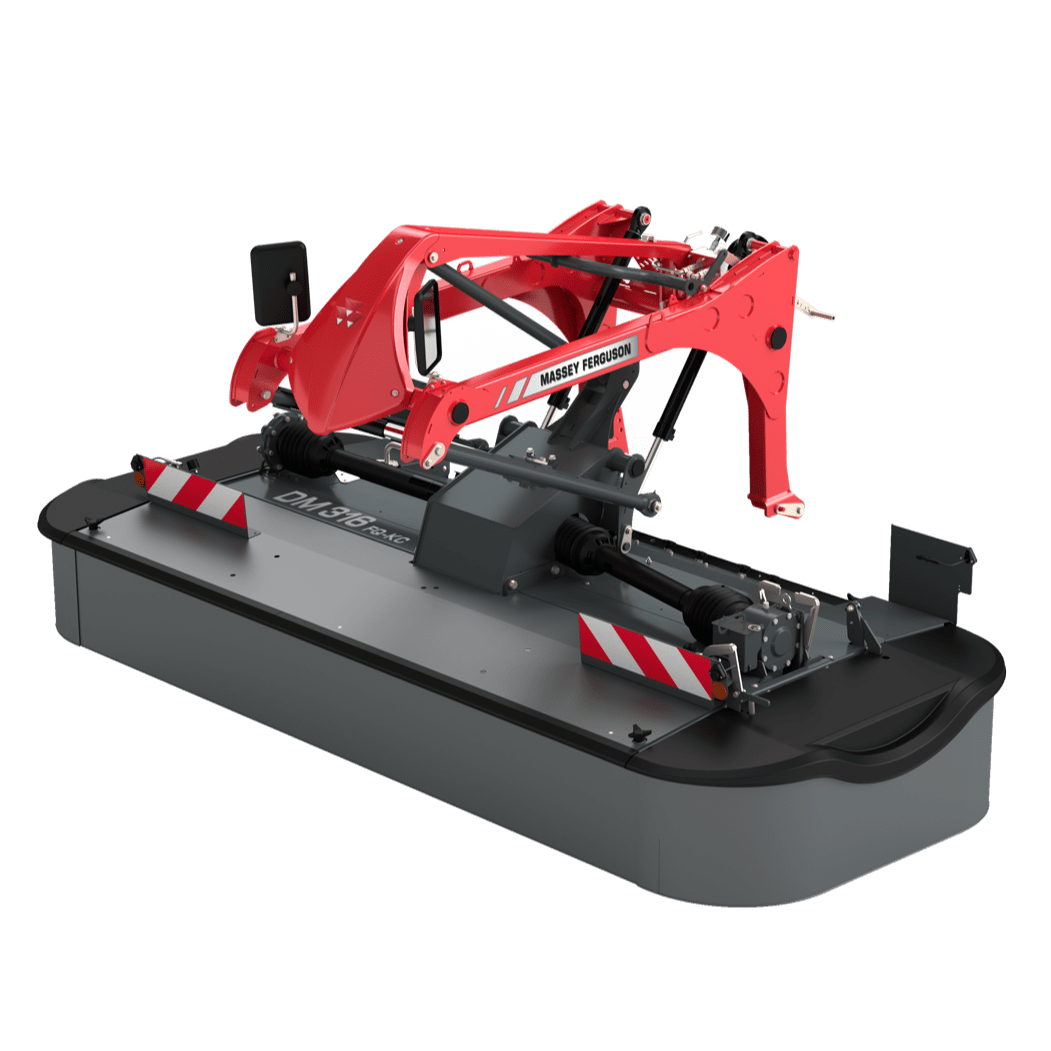
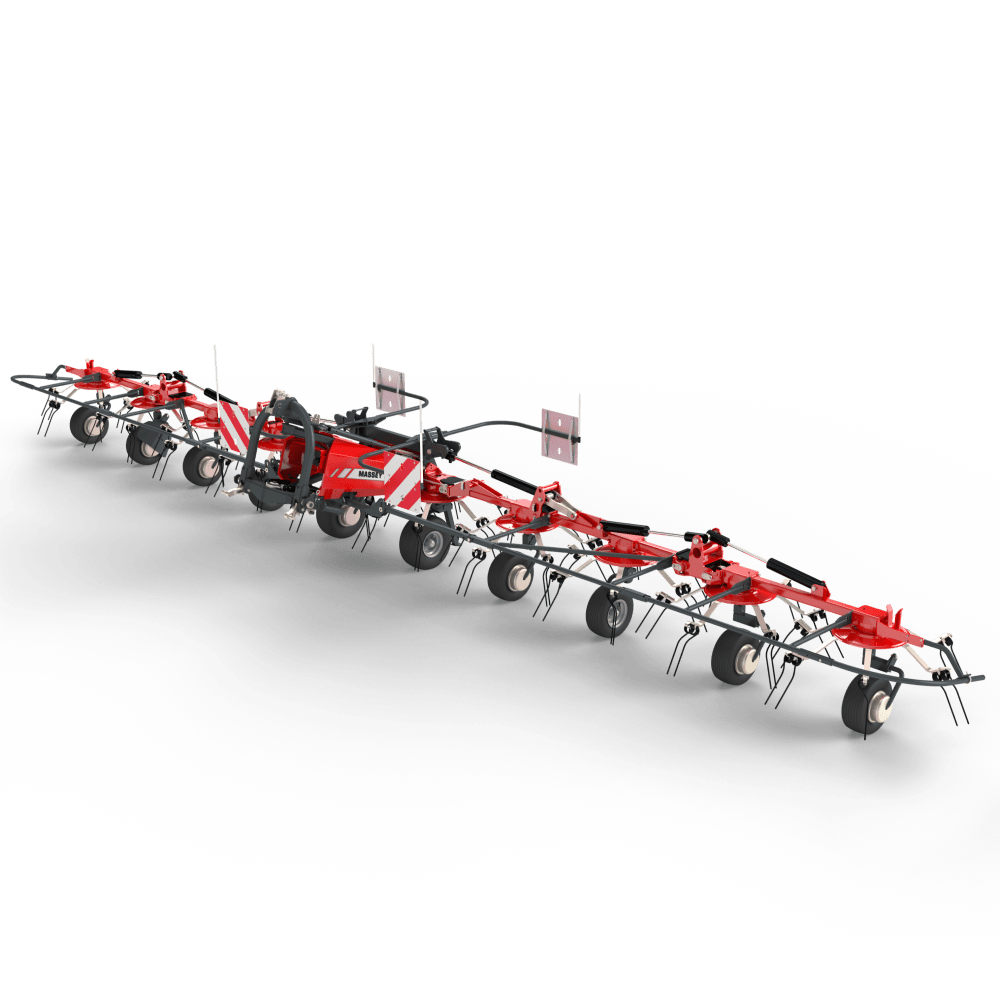
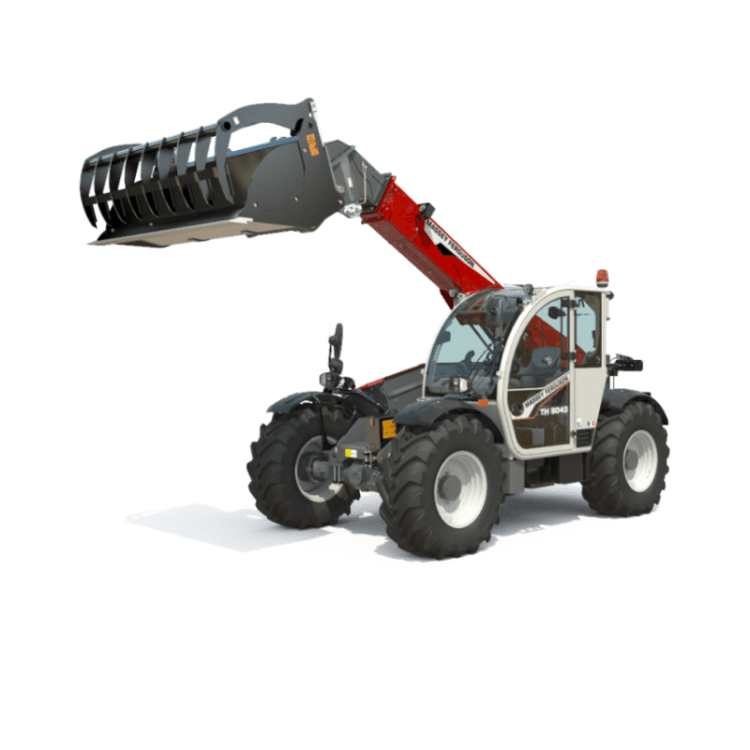

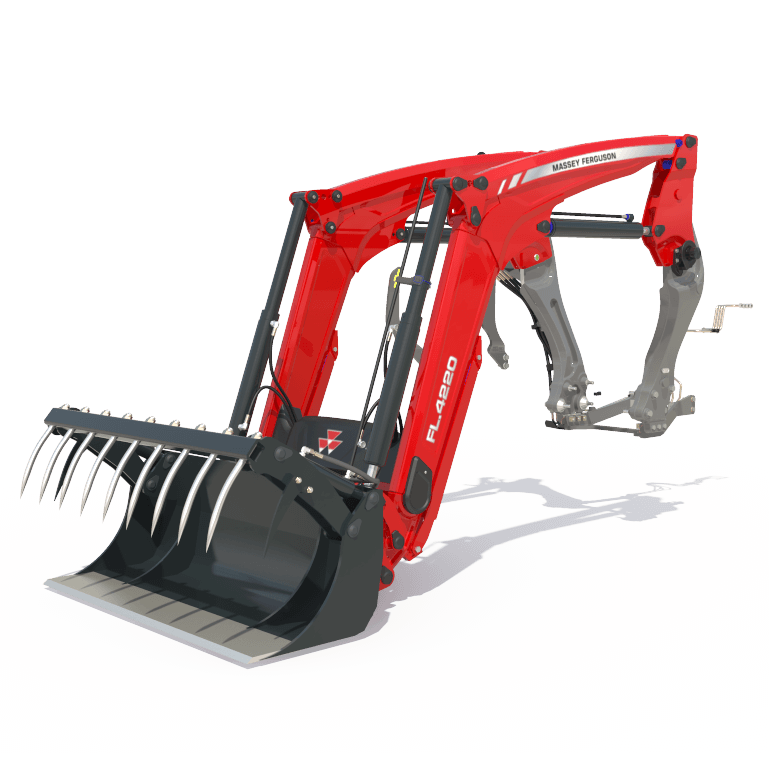
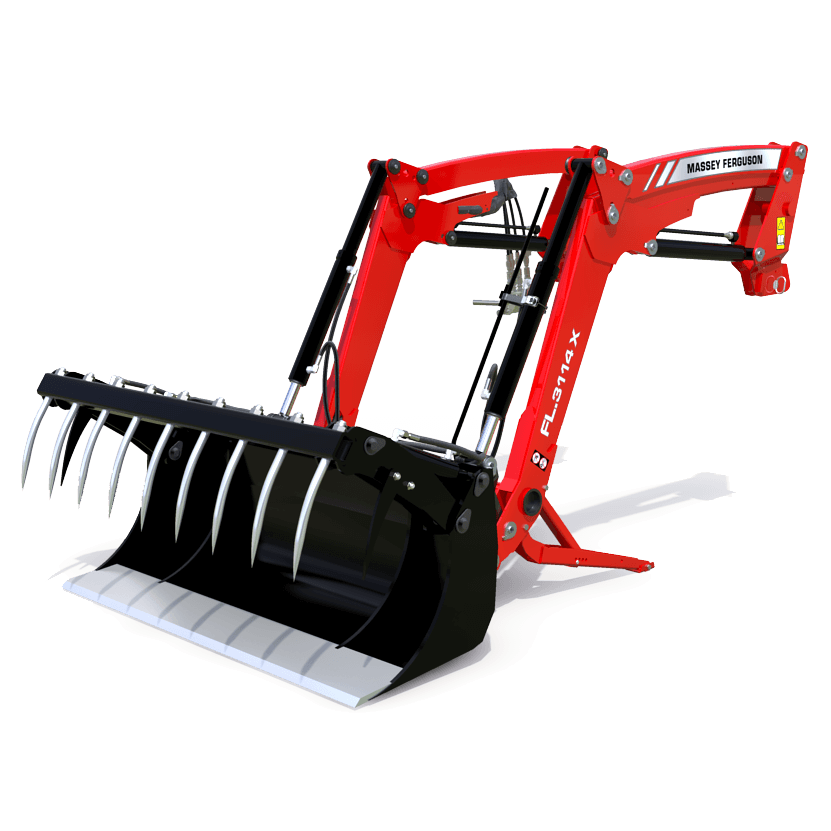
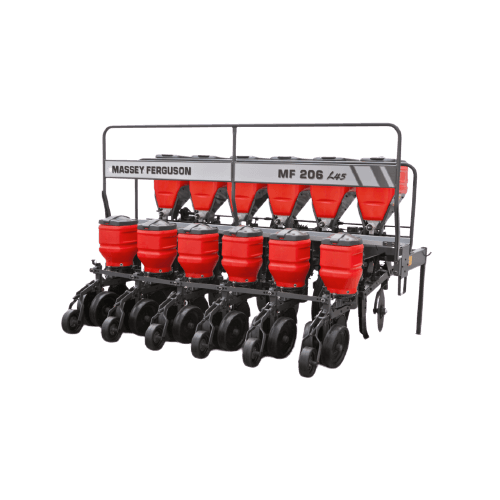
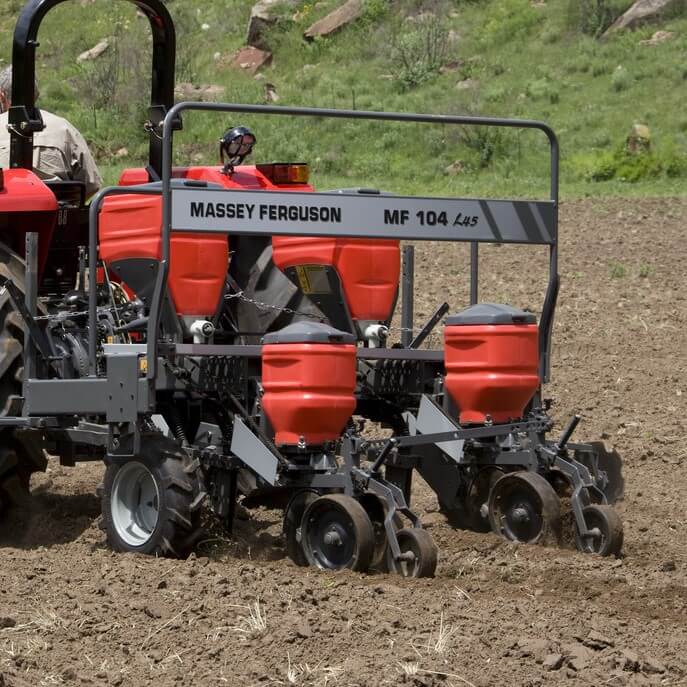
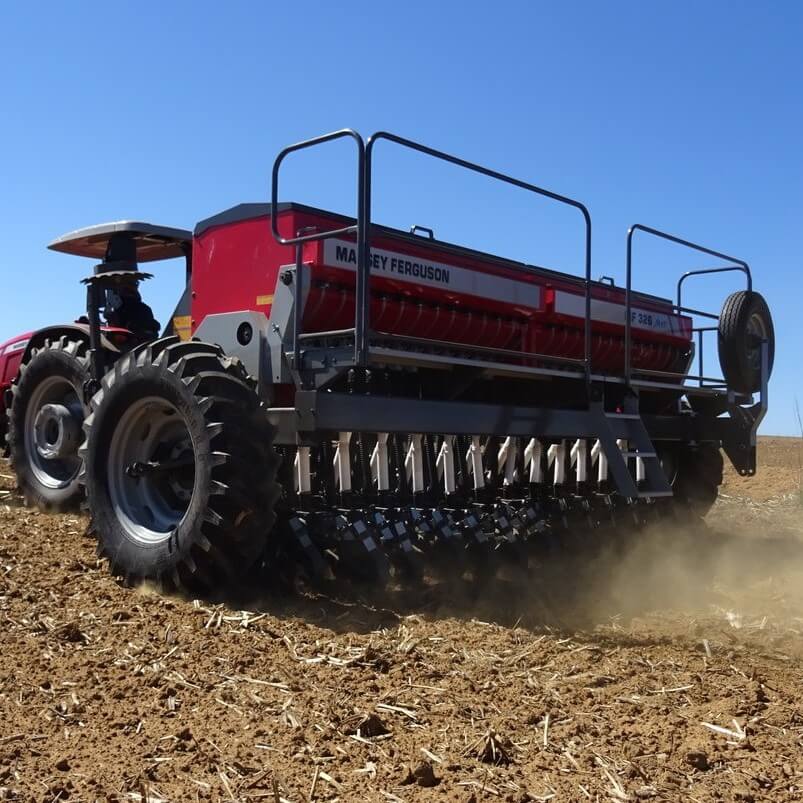
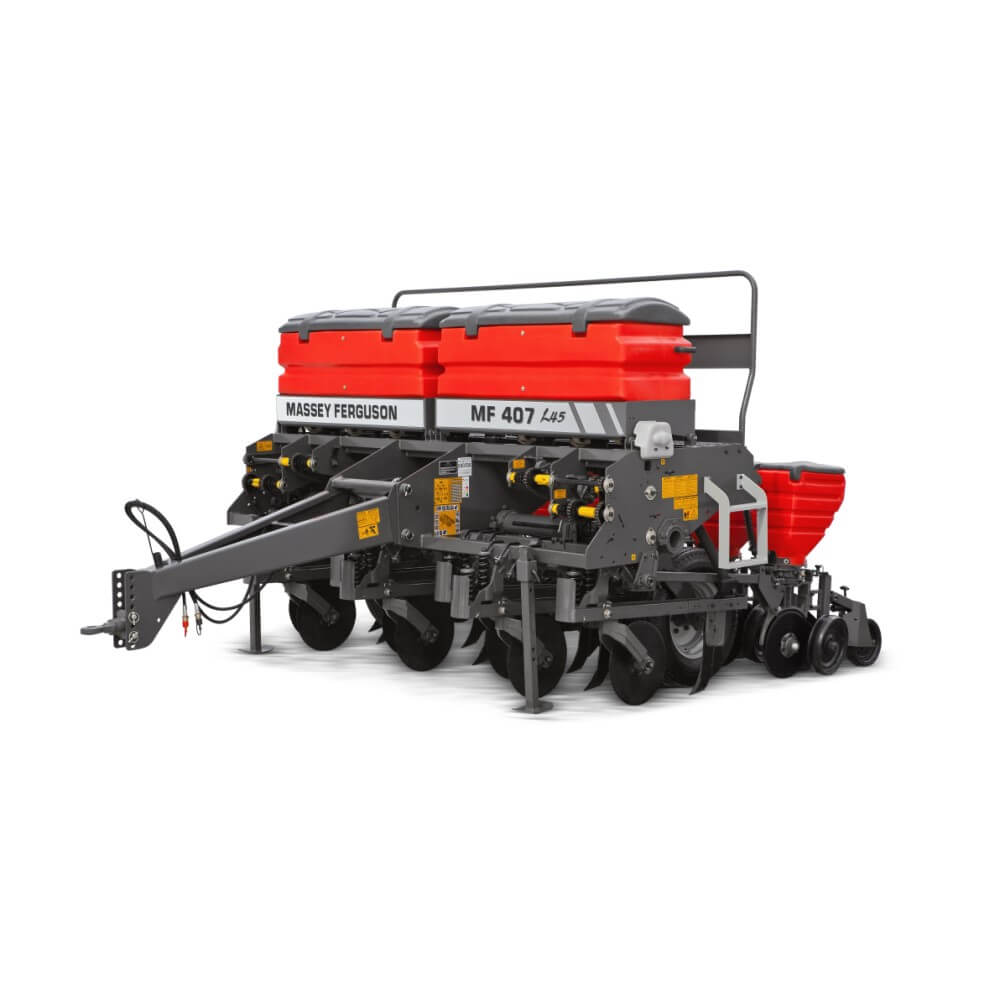
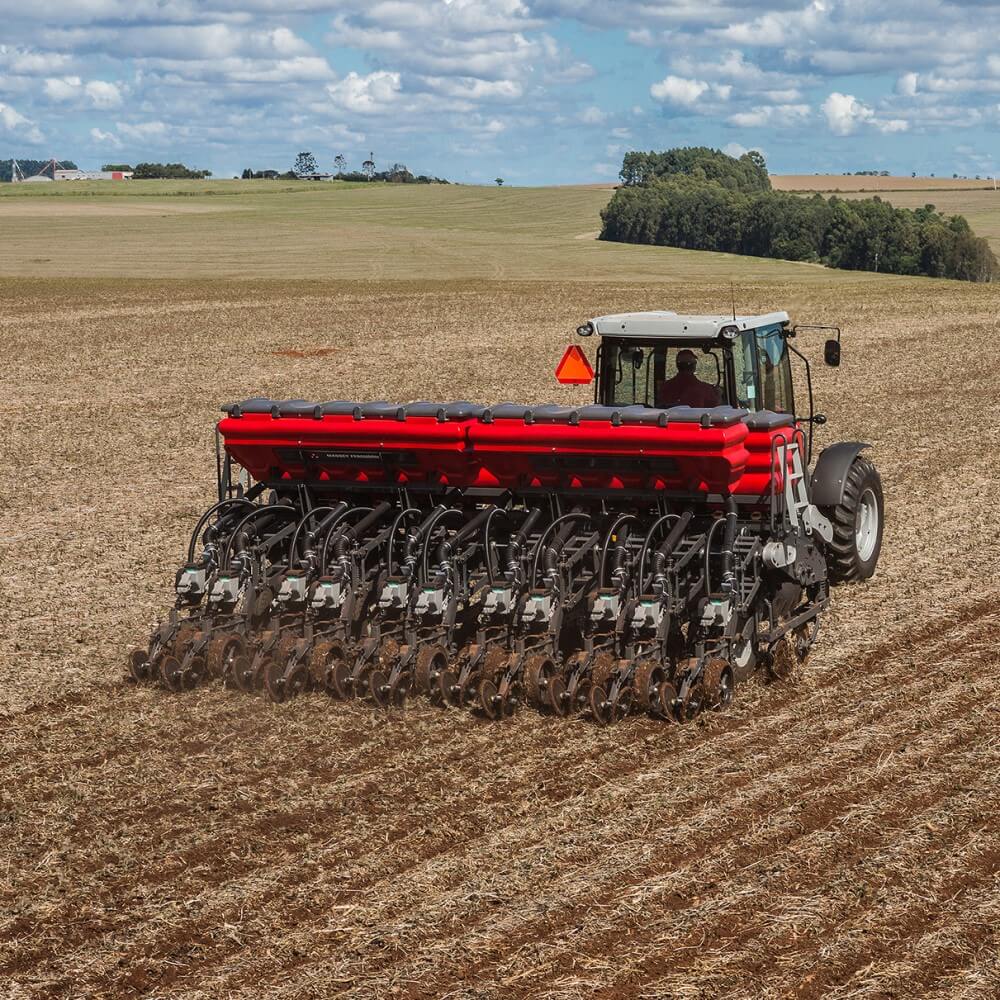
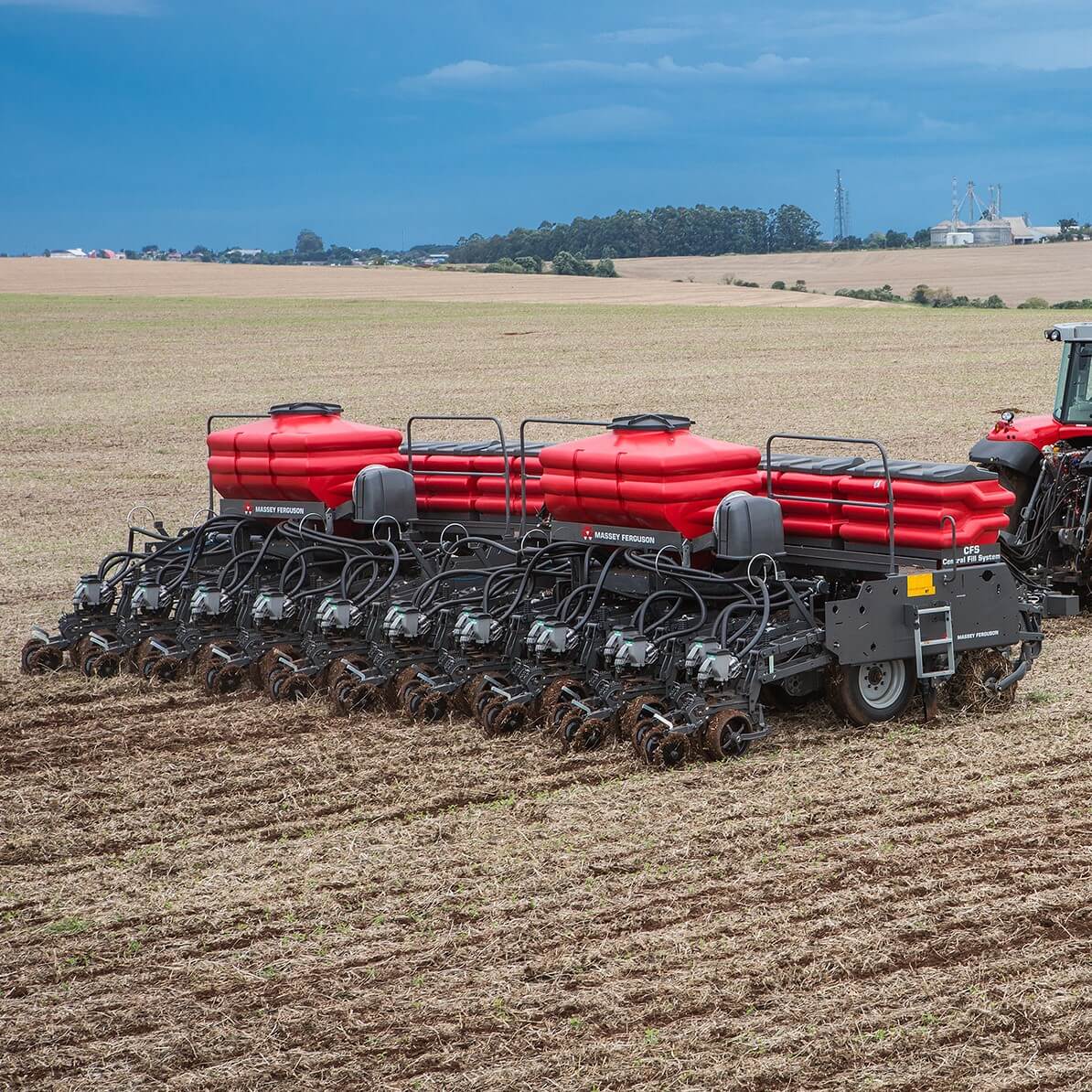
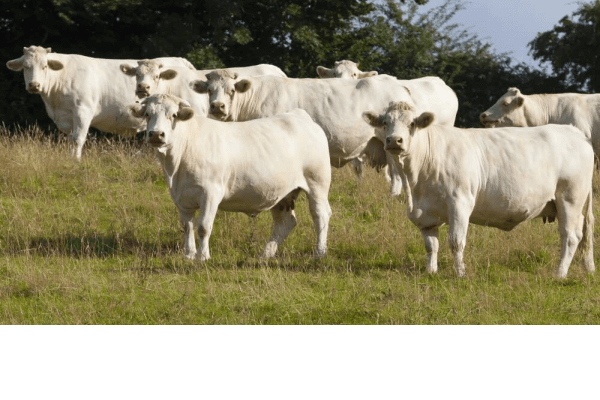
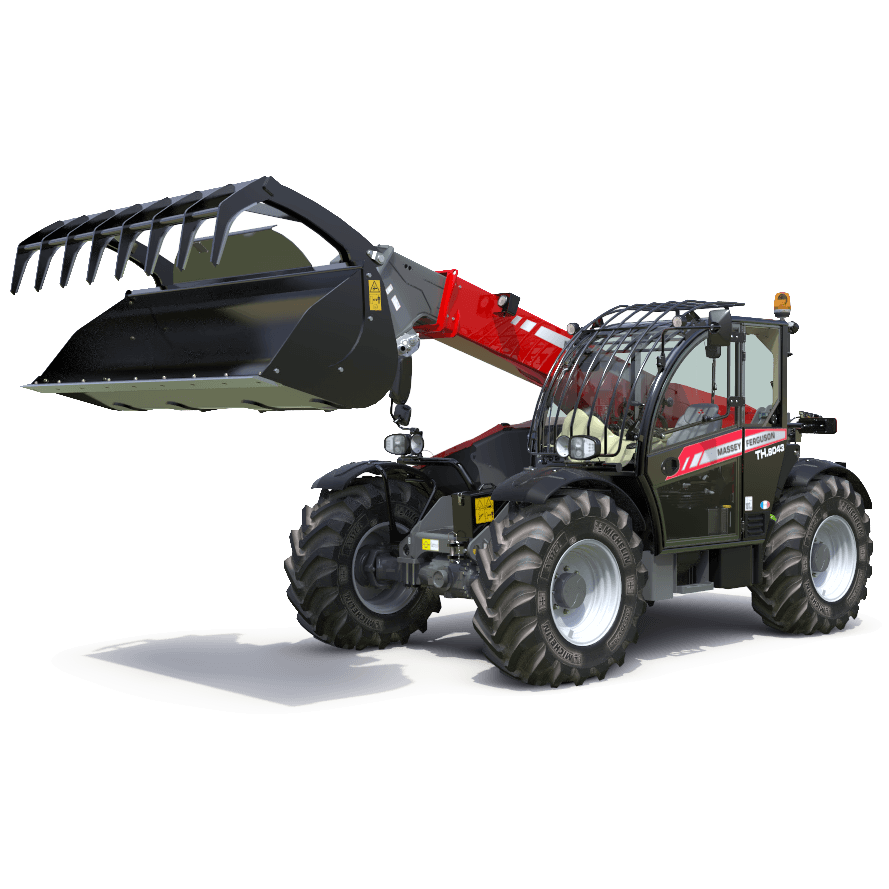
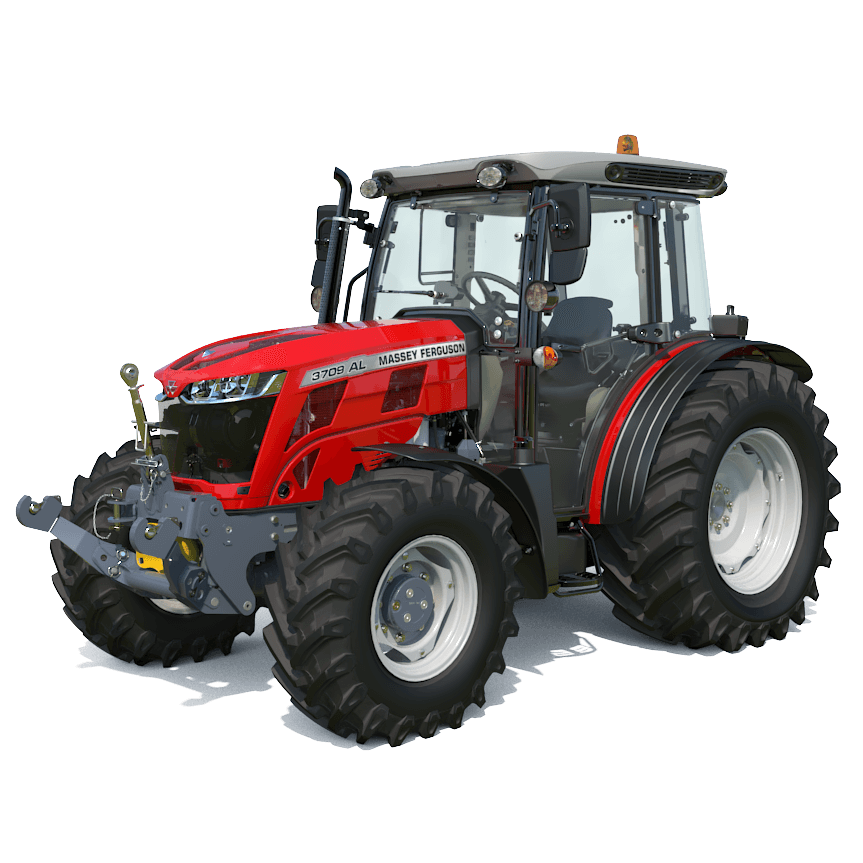
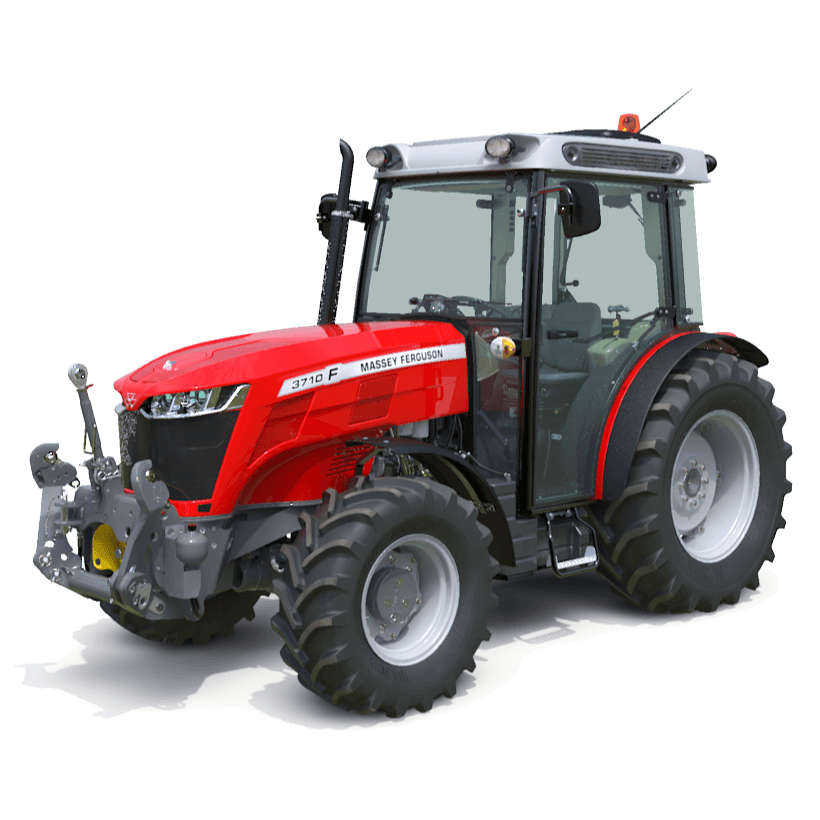
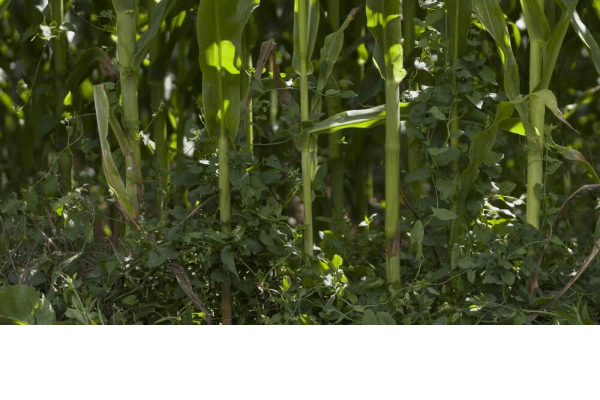
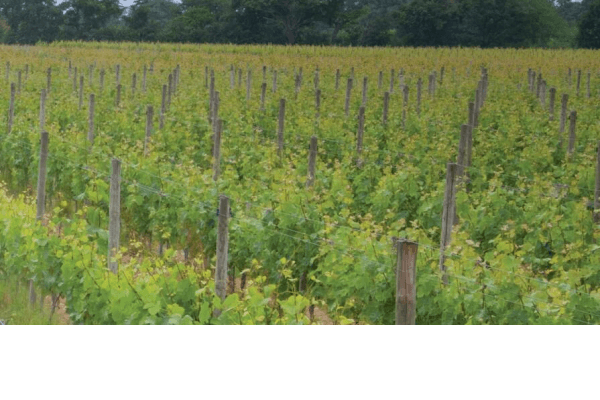
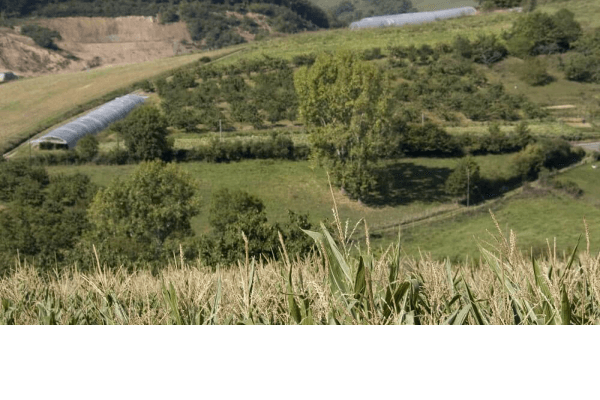
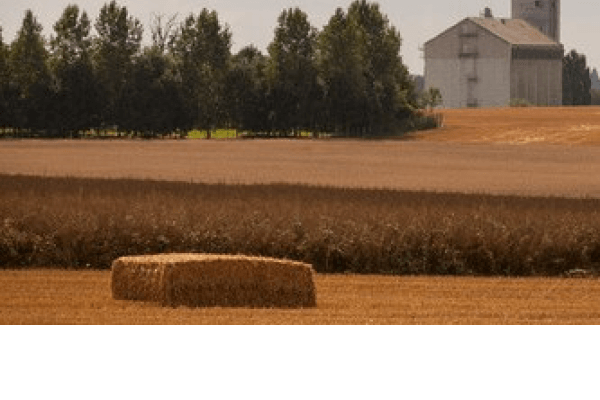

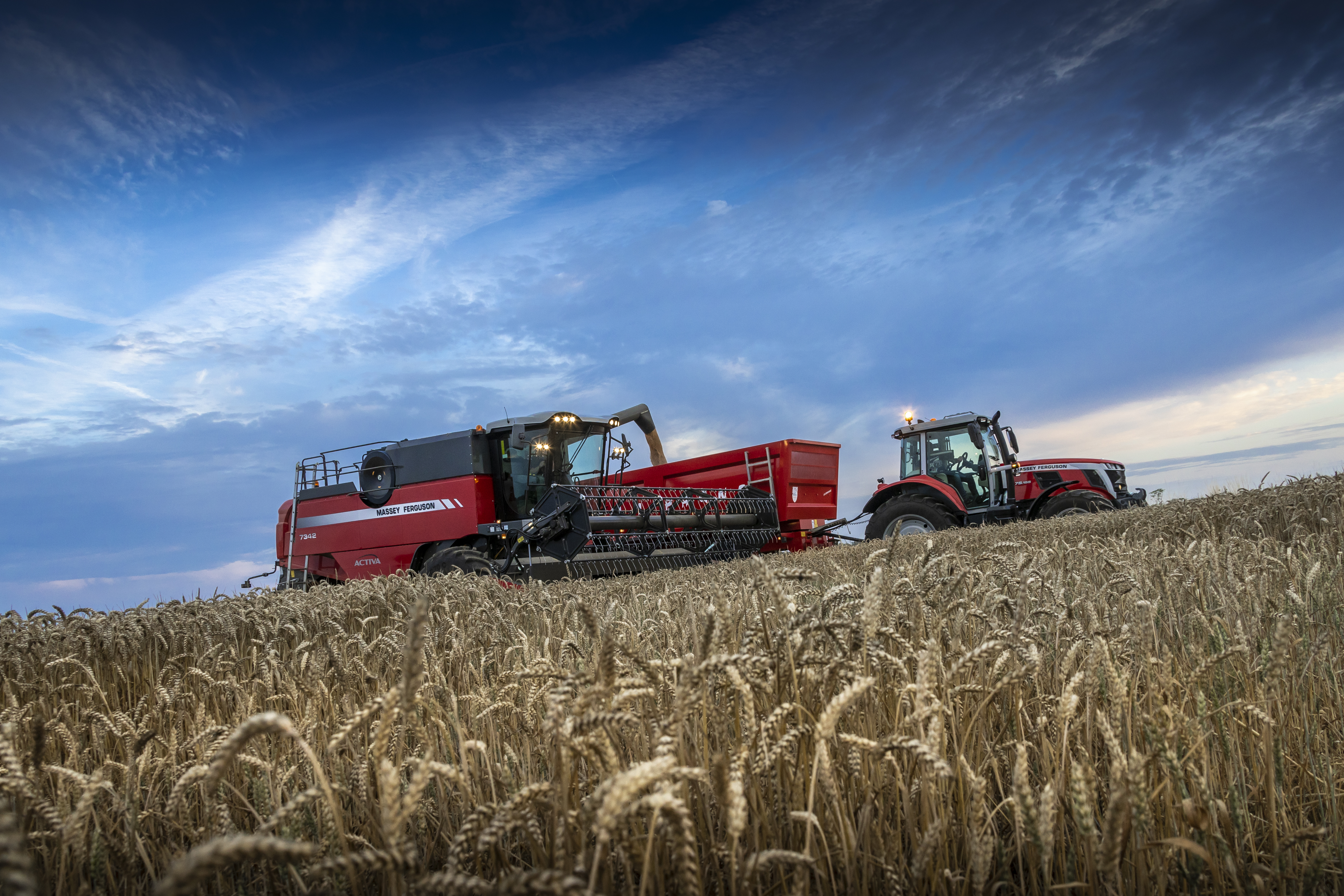
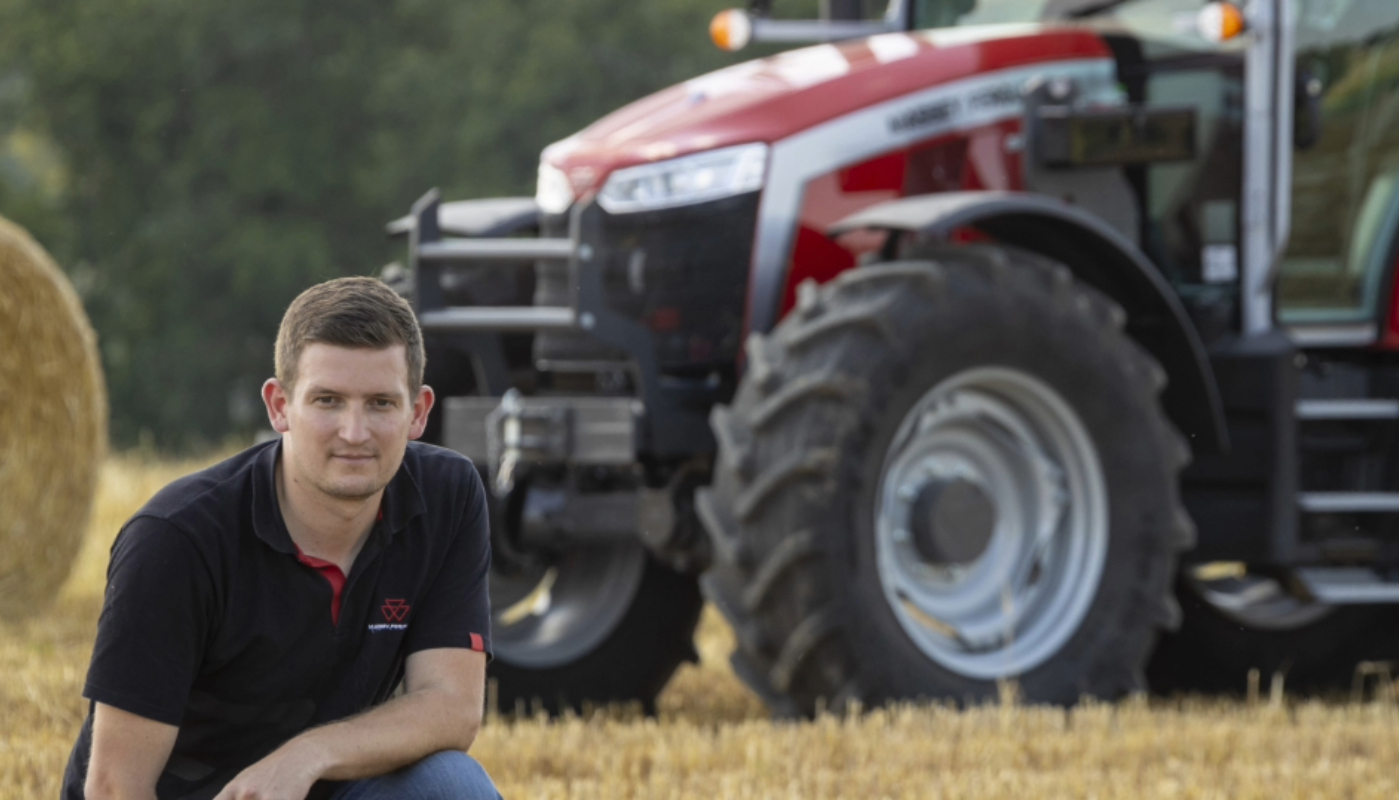

Share